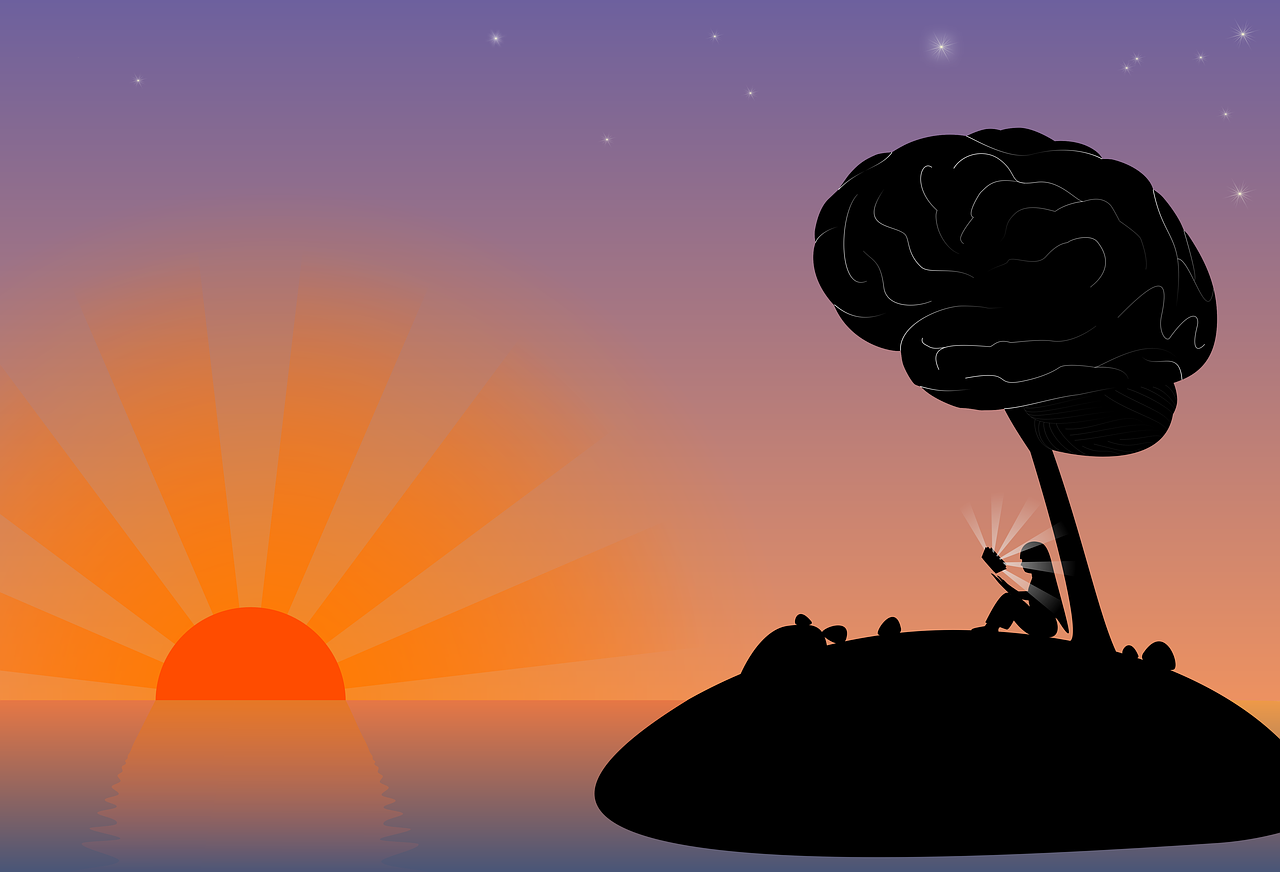Remember Brain Age for the Nintendo DS? Back in the mid-2000s, I was hooked on this game. It claimed that you could lower your “brain age” by playing games for a few minutes each day.
I made this game into a daily habit. Every day, I’d excitedly open the game, hear about how much Dr. Kawashima hates cilantro, and do Stroop tests, reading games, multiplications, and memory puzzles. I’d watch my scores slowly rise as my brain age decreased. Finally, there was a game that was fun and healthy. I could play this as an old man and stay sharp and active forever.
Eventually, Brain Age became a relic of the past and is most recognizable for its appearance in Smash Bros. However, the brain game genre lived on and found new life as smartphone apps.
Much like food delivery, shopping, and mobile payments, brain game apps are a dime a dozen. Luminosity and Elevate are to the brain game world what Doordash, Shopify, and Cash App are to their respective niches. There’s no shortage of thrifty tech companies finding new ways to get their app on your smartphone.
These apps are the Brain Age of today.
I first downloaded Elevate after seeing ads everywhere. I’d spent so much time playing Hearthstone that I decided it’d be best if I tried a more productive video game.
I was instantly hooked. Elevate was one of the most fun apps I’d ever used. The app had games for everything: comma use, matching similar words, adding numbers, spelling words, etc.
My free trial was almost up, and the app asked if I wanted to pay for its $40 annual subscription. I loved the app but wanted to make sure I was getting my money’s worth. So I asked one question:
Do brain games really work?
The Science Behind Brain Games
In 2014, the Stanford Center on Longevity stated that brain games didn’t improve cognitive abilities.
“To date, there is little evidence that playing brain games improves underlying broad cognitive abilities, or that it enables one to better navigate a complex realm of everyday life,” the statement read.
For brain games to work, they must show:
- Improvement across multiple ability-related tasks;
- Gains that last for a long time; and
- Changes in real-life behavior.
Plus, Stanford commented that brain games come with an opportunity cost. People who play brain games could spend their time doing something more productive. If those people are trying to improve a skill, wouldn’t it be better to focus on that skill directly? Reading, learning, and exercise might be better ways to use that time.
A few months later, over 100 neuroscientists, psychologists, and other experts signed an open letter openly disagreeing with Stanford’s statement.
“There is, in fact, a large and growing body of such evidence,” the statement read. “That evidence now includes dozens of randomized, controlled trials published in peer-reviewed journals that document specific benefits of defined types of cognitive training.”
So what’s the answer? Some studies say “yes,” and others say “no.”
Which is it?

A Closer Look Into Brain Games
In 2016, several scientists rigorously reviewed over 130 studies about brain games. The researchers evaluated many aspects, such as:
- The study’s size;
- If there was an appropriate control group;
- If the study accounted for the placebo effect; and
- If the results matched a company’s marketing claims.
Many studies failed to meet such criteria. Admittedly, some studies showed that brain games help players excel at specific tasks. However, these changes often didn’t translate to real-life behavior. For example, playing a game where you count colored fish will make you very good at counting colored fish, but won’t help you in any other area.
As the Stanford statement read, “performance on a single task cannot stand in for an entire ability.”
A 2017 study published in the Journal of Neuroscience put brain training games to the test. Scientists recruited 128 young adults to either go through a commercial cognitive brain-training program or play video games for 30 minutes a day for ten weeks. Participants also underwent cognitive evaluations before and after the trial, along with fMRI scans during specific tasks.
The scientists found no evidence that brain-training games have any positive effect on cognitive performance, decision-making, or brain activity. Participants who played brain games became better at specific tasks, but both groups showed similar cognitive improvements.
In other words, playing brain games won’t help you any more than playing video games.
False Promises
Every brain game company claims that its app was designed by neuroscientists or other experts. Apps such as Luminosity and Elevate conducted their own research, which (surprise, surprise) demonstrated the app’s effectiveness. However, the FTC wasn’t so convinced.
In 2015, Luminosity paid a $2 million settlement to the FTC after claims that the company falsely advertised its benefits.
“Lumosity preyed on consumers’ fears about age-related cognitive decline, suggesting their games could stave off memory loss, dementia, and even Alzheimer’s disease,” said FTC’s Bureau of Consumer Protection Jessica Rich. “But, Lumosity simply did not have the science to back up its ads.”
LearningRx, another brain-training app, paid the FTC $200,000 for similar reasons.
The company’s CEO “claimed deceptively claimed that their programs were clinically proven to permanently improve serious health conditions like ADHD, autism, dementia, Alzheimer’s disease, strokes, and concussions and that the training substantially improved school grades and college admission test scores, career earnings, and job and athletic performance.”
Brain Game Alternatives
Don’t get me wrong. I want brain games to work. I’d love to improve my brainpower through fun little minigames that I can play anywhere at any time. These games not only cover a wide variety of skills (reading, math, comprehension, attention) but are tons of fun to play. It takes me back to the days of Warioware Inc. on the Gameboy Advance.
But I’m not going to put my money toward anything with such flimsy results. If so, I’ve already bought Sarah’s Amazing Weight Loss Discovery (as seen all over my Instagram feed) and Alex Jones’s supposed coronavirus cure. It’d be wonderful if these products work as expected, but I remain skeptical.
So what does work? Are there any proven methods to improve your brain?
Yes, there are, and you’ve probably heard about them millions of times: meditation, diet, and exercise. These are a few of the proven ways to help your physical and mental health.
Meditation costs absolutely nothing and bolsters memory, focus, and mood. A healthy diet helps you live longer and keeps your brain functioning at optimal conditions. Exercise provides a host of benefits and can literally change your brain by growing your hippocampus.
Brain games might be fun, but there’s no reason to play them if they don’t work. You’re just wasting your time and money when you could be doing something more productive. I sure wish they did, but I’ll stick to Hearthstone for now.


